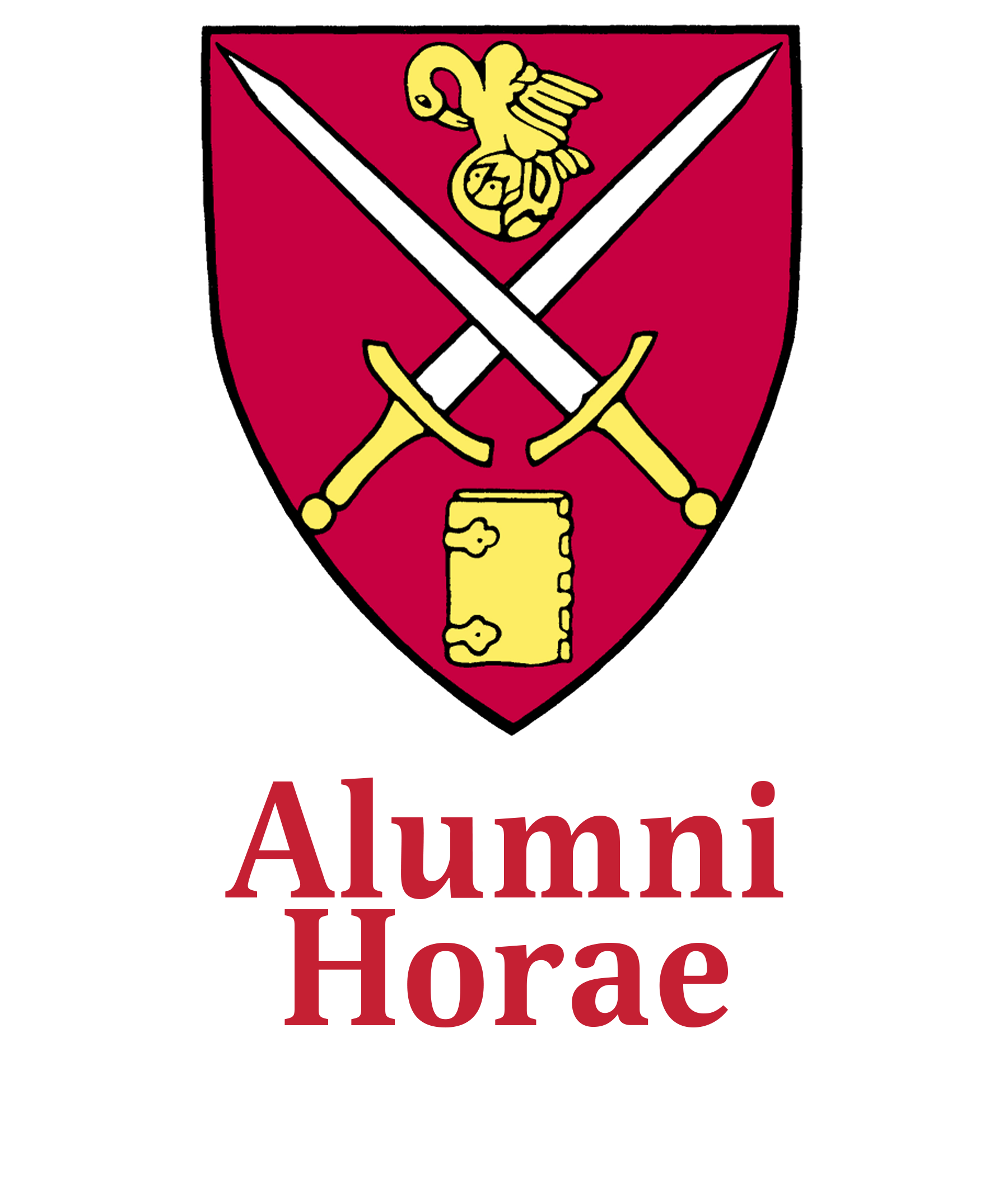SPS Today: Voter Impressions
Students Find Ways to Get Involved in an Atypical Election Year
Ian Aldrich
This time last year, Isabelle Maney ’21 was already anticipating a “crazy” presidential election. And then, well, 2020 happened. “Everything that’s going on just added fuel to the fire,” says the Houston, Texas, native and head of the SPS Young Democrats, which facilitates volunteer and educational opportunities for students interested in the Democratic Party. “So much of regular life has had to adjust to the virus and this is just a part of it.”
Since March, Maney’s group as well as its sister organization, the Young Republicans, have looked at reorienting how to create political engagement. For example, this summer, St. Paul’s and Phillips Exeter Academy students phone banked together to call prospective New Hamp- shire voters. The Young Republicans launched an e-mail newsletter to share information about the issues. School-wide debate-watch parties and an election night get-together will most likely be scrapped for smaller dorm-specific gatherings.
Gone will be the door knocking and face-to-face interactions with Concord-area voters that have defined SPS political involvement in the past. But in an election in which many of the issues about which the students care most – climate change, racial equity, and criminal justice reform – are especially weighted, student leaders say it’s vital that younger voters play a central role. “Our job isn’t any different,” says Alexander Rowley ’21, head of the SPS Young Republicans. “Both the Young Republicans and Young Democrats need to get students engaged in politics and the races.”
For students like Rowley and Maney, entry into the political world was either born in or greatly enhanced through the course “Practical Politics.” Co-taught by Christine Carter and Abbey Edwards, the class includes a robust boots-on-the-ground component in which students volunteer with the campaigns of their choice. For this election cycle, Carter says, student involvement will be regulated by what can be accomplished on campus. That undoubtedly means more phone banking, but Carter is hoping for other solutions and has been “reaching out to campaigns and trying to figure out if we can do something with either local campaigns or the presidential campaign.”
The fact that Carter’s class won’t be able to operate like it has in the past is a loss, say Maney and Rowley. Both lauded the course for giving them a front-row seat to grassroots political organizing. But they are also confident Abbey and Carter would find an effective way to get students involved. Just as they were also optimistic about their own clubs’ efforts to work around one of the most challenging elections in generations.
“The School and its Humanities Department have always helped students connect to politics and current events,” Rowley says. “It’s a form of being educated. It’s hard to call yourself educated if you’re not willing to be informed about what’s going on. And this year that’s really important.”

